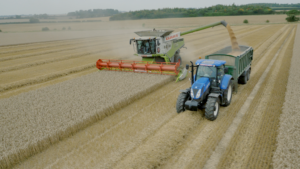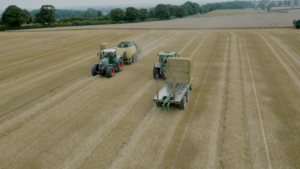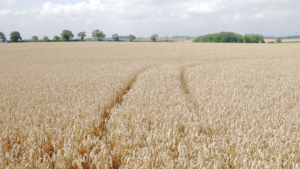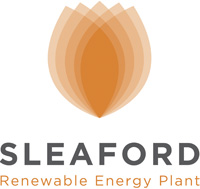Protecting the Environment
The process is virtually carbon neutral because the combustion of the straw only releases the carbon dioxide that the wheat absorbed from the atmosphere during its growth.
The process offsets the equivalent CO2 levels which otherwise would have been released from burning fossil fuels to generate the same amount of electricity. Overall, this reduces the UK’s carbon emissions by over 50,000 tonnes of CO2 per annum.
A detailed environmental impact assessment (EIA) was conducted in accordance with government legislation, statutory guidance and best practice during the planning stages of the project. This considered a range of issues including air quality, emissions, noise, local ecology and transport and was a necessary prerequisite for receiving planning permission.
IPPC Application Non Technical Summary
Public health is protected by legally binding air quality standards set by the Environment Agency and all emissions produced by combustion are carefully monitored and controlled so as not to have a negative impact on the surrounding environment.
Sustainable Fuel
The plant’s technology means it can only combust clean biomass and in this case it will primarily burn straw, a by-product of wheat production, which is available in abundance in the UK; indeed Government estimates suggest that there are 3 million tonnes of surplus straw in the east of the country. It can also use woodchip as fuel.
Annually the plant combusts 240,000 tonnes of straw (approximately 55 bales per hour), sourced mainly from farms local to the Sleaford plant.



